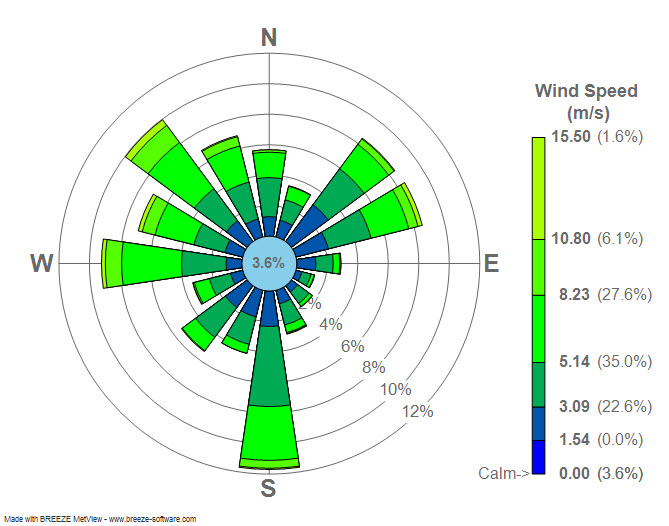2013年5月26日星期日
Framework for evaluating variant detection methods: comparison of aligners and callers
I’ll show a 12 way comparison between 2 different aligners (novoalign and bwa mem), 2 different post-alignment preparation methods (GATK best practices and the Marth lab’s gkno pipeline), and 3 different variant callers (GATK UnifiedGenotyper, GATK HaplotypeCaller, and FreeBayes). This allows comparison of openly available methods (bwa mem, gkno preparation, and FreeBayes) with those that require licensing (novoalign, GATK’s variant callers). I’ll also describe bcbio-nextgen, the fully automated open-source pipeline used for variant calling and evaluation, which allows others to easily bring this methodology into their own work and extend this analysis.
2013年5月25日星期六
How does your bash prompt look like
http://kevin-gattaca.blogspot.ca/
http://www.cyberciti.biz/tips/howto-linux-unix-bash-shell-setup-prompt.html
http://www.maketecheasier.com/8-useful-and-interesting-bash-prompts/2009/09/04
http://www.cyberciti.biz/tips/howto-linux-unix-bash-shell-setup-prompt.html
http://www.maketecheasier.com/8-useful-and-interesting-bash-prompts/2009/09/04
2013年5月22日星期三
2013年5月18日星期六
Multiple populations of artemisinin-resistant Plasmodium falciparum in Cambodia
http://www.nature.com/ng/journal/vaop/ncurrent/full/ng.2624.html
We describe an analysis of genome variation in 825 P. falciparum samples from Asia and Africa that identifies an unusual pattern of parasite population structure at the epicenter of artemisinin resistance in western Cambodia. Within this relatively small geographic area, we have discovered several distinct but apparently sympatric parasite subpopulations with extremely high levels of genetic differentiation. Of particular interest are three subpopulations, all associated with clinical resistance to artemisinin, which have skewed allele frequency spectra and high levels of haplotype homozygosity, indicative of founder effects and recent population expansion. We provide a catalog of SNPs that show high levels of differentiation in the artemisinin-resistant subpopulations, including codon variants in transporter proteins and DNA mismatch repair proteins. These data provide a population-level genetic framework for investigating the biological origins of artemisinin resistance and for defining molecular markers to assist in its elimination.
We describe an analysis of genome variation in 825 P. falciparum samples from Asia and Africa that identifies an unusual pattern of parasite population structure at the epicenter of artemisinin resistance in western Cambodia. Within this relatively small geographic area, we have discovered several distinct but apparently sympatric parasite subpopulations with extremely high levels of genetic differentiation. Of particular interest are three subpopulations, all associated with clinical resistance to artemisinin, which have skewed allele frequency spectra and high levels of haplotype homozygosity, indicative of founder effects and recent population expansion. We provide a catalog of SNPs that show high levels of differentiation in the artemisinin-resistant subpopulations, including codon variants in transporter proteins and DNA mismatch repair proteins. These data provide a population-level genetic framework for investigating the biological origins of artemisinin resistance and for defining molecular markers to assist in its elimination.
2013年5月8日星期三
Sequence logos
1. http://weblogo.berkeley.edu/logo.cgi
2. generate logo from alignment using R
http://davetang.org/muse/2013/01/30/sequence-logos-with-r/
2. generate logo from alignment using R
http://davetang.org/muse/2013/01/30/sequence-logos-with-r/
2013年5月1日星期三
订阅:
博文 (Atom)





